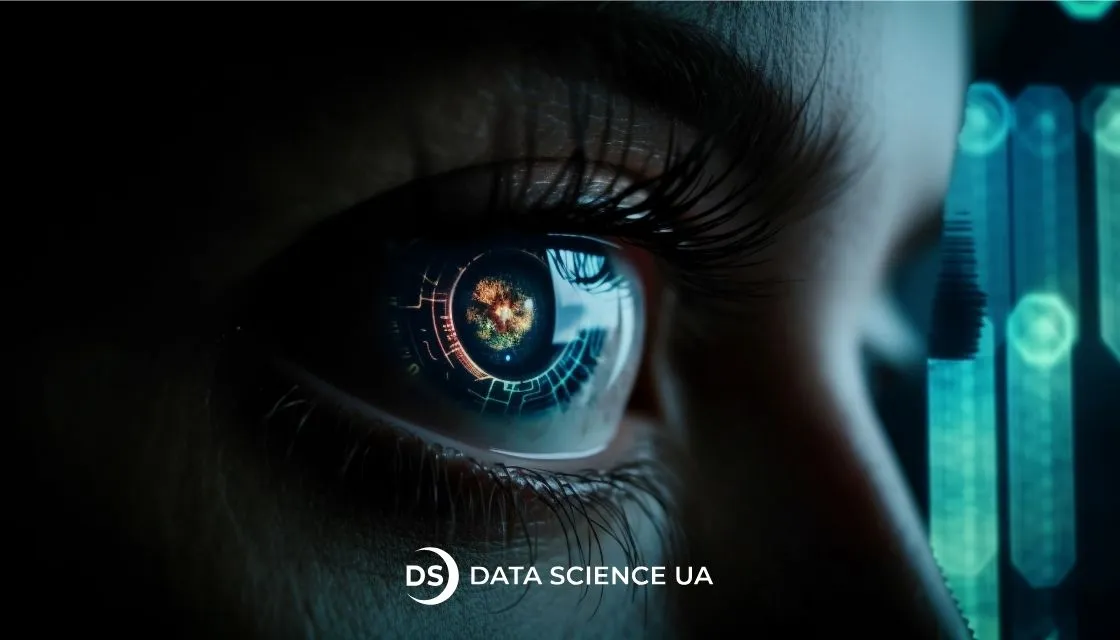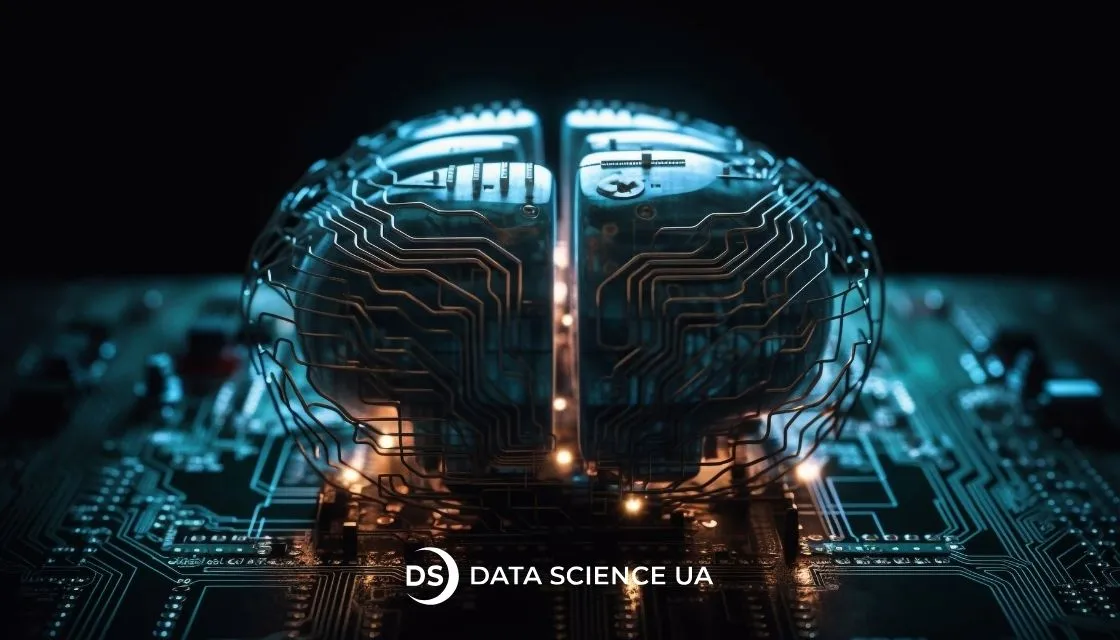Understanding the Generative AI Revolution in Pharma
Generative AI technologies have led to major change in the pharmaceutical sector.This invention impacts on created, examined and marketed medications, so you know it’s really useful. With complex algorithms that assess enormous information, generative AI helps businesses predict outcomes and optimize processes. Generative AI shows up as an effective tool when the sector faces growing demand to provide effective treatments more quickly and affordably.
Pharmaceutical businesses discover more and more how AI can improve the quality and safety of their products while also speeding up operations. AI technologies provide analysis and automation that was previously believed to be impossible, from drug discovery to clinical trials and more.
In this article we will tell you about multiple applications of generative AI pharma, along with real world examples, implementation best practices, and the difficulties in incorporating these cutting-edge technologies into existing frameworks.
Key AI Use Cases in the Pharmaceutical Industry
Generative AI in pharma is being adopted across various domains, leading to significant advancements. To explore its impact further, visit AI in pharma.
Speeding Up Drug Discovery and Development with AI
Drug development is greatly sped up thanks to generative AI, because AI predicts the behavior and interactions of necessary components. Traditional drug development techniques need extensive clinical trials and laboratory testing, which might take years. On the other hand, generative AI can find possible medication candidates more quickly through examining the available data on molecular structures and biological reactions.
Researchers found interesting candidates that satisfied particular efficacy and safety requirements by using AI algorithms to filter huge databases of chemical molecules. This initiative is a prime example of how generative ai in pharma may speed up the delivery of life-saving treatments by cutting down on the time and resources needed for medication discovery.
Testing in the lab is very important for new products, but using generative AI can help make this process faster and cheaper by using computer simulations instead of some tests.AI also helps predict how well a product will last and work by identifying potential issues and allowing changes before problems occur.This way, generative AI makes it easier to find the best product formulas, leading to faster, safer, and cheaper medicine development.
Using AI Optimization to Transform Clinical Trials
Drug development requires clinical studies, but these can be time-consuming, costly, and complex. This is being changed by AI, which makes it simpler to select participants, plan studies, and improves data quality so that it can quickly determine the most qualified trial candidates by analyzing large amounts of patient data.
For example, a big drug company recently used generative ai in pharma to improve how they recruit participants by analyzing past data. It cuts their recruitment time by 30%, speeding up the entire trial process. It also made the data they collected better and more useful, which helped get faster approval from regulators.
Generative ai in pharma also helps with monitoring patients and making sure they follow the trial rules. Using real-time data from devices like wearables, researchers can keep track of the participants’ health and compliance. This ongoing feedback allows quick changes to treatment if needed, keeping the trial on track. By reducing differences and sticking to the trial plan, AI improves the reliability of the results, helping safe and effective drugs reach the market quickly.
 Image from Pexels (source)
Image from Pexels (source)
Strategic Planning Enhanced by Generative AI
Pharmaceutical firms need to manage a complicated environment of market dynamics, regulatory obligations, and competitive challenges; thus, this expertise is crucial.
A notable example is when a global pharma firm employed generative ai in pharma to forecast market responses to a new drug. By analyzing historical sales data, market conditions, and consumer behavior, the AI-generated simulations allowed the company to adjust its strategies proactively. This strategic foresight resulted in a more targeted marketing campaign and optimized resource allocation, ultimately driving higher sales and market penetration.
AI can also aid with regulatory change scenario analysis, which helps businesses get ready for changes in the law. Organizations might create backup plans that protect their market position by modeling possible legislative effects on medicine pricing or approval systems.
Leveraging AI Assistants in Pharma Research and Development
AI-driven assistants are becoming indispensable in research and development environments. These tools can sift through huge amounts of research data, providing scientists with relevant insights and suggestions. It led to saving time but also improving the quality of research outputs.
For example, a biotech startup integrated an AI assistant that helped researchers quickly identify relevant studies and clinical data. The assistant reduced the time spent on literature reviews by 50%, allowing researchers to focus on innovation rather than administrative tasks. These tools are boosting productivity and encouraging an innovative culture in businesses.
Additionally, by giving real-time updates on project status and deadlines, AI assistants can help teams collaborate more effectively by keeping everyone informed and on the same page. The development cycle can be accelerated and project outcomes greatly improved with this degree of collaboration.
Using AI to Improve Personalized Treatments and Disease Detection
AI has the ability to detect diseases, allowing for earlier and more precise diagnosis. Complex patient data, including genetic information, can be analyzed using generative AI models to find disease predispositions.
For instance, a healthcare provider has implemented digital image processing services that see medical receipt and patient’s data to create individualized treatment plans. Healthcare providers can customize therapies for each patient, greatly enhancing results and minimizing side effects, by determining particular genetic markers and their relationship to therapy effectiveness.
We should also note that AI systems can predict the course of a patient’s disease based on historical data. may use historical data to predict how a patient’s sickness will develop. and contemporary health indicators, enabling prompt actions that can change the treatment plan. With this proactive approach to healthcare, you will lower the overall cost of care in addition to improving patient outcomes.
 Image from Pexels (source)
Image from Pexels (source)
Elevating Marketing and Sales in Pharma with AI Insights
AI in marketing helps pharmaceutical businesses better understand consumer preferences and habits, which improves the accuracy and efficacy of marketing initiatives. Through the analysis of data from various sources, such as social media, CRM systems, and sales data, AI generates a comprehensive picture of the client. It uses machine learning to find important interaction patterns, audience preferences, and behavioral and demographic characteristics that affect decisions and purchases.
For example, one pharmaceutical company used AI to analyze its target audience. The models helped identify key demographic groups and tailor marketing messages for each. Digital and informal channels were selected for younger customers, while a conservative style and traditional communication channels were used for the audience. One strategy showed how effective AI-driven analytics may enhance marketing results by increasing engagement by 40% and dramatically increasing sales.
By examining past sales data, seasonal variations, and industry trends, AI also increases the precision of sales forecasts. This enables the business to effectively manage inventory and distribute resources, preventing stock shortages and surpluses. In the pharmaceutical sector, where expiration dates are critical, these forecasts help increase profitability and strengthen the company’s reputation.
Logistics and Industrial Transformation
In the case that cyber threats increase, generative AI aids in strengthening cybersecurity protocols.Generative AI can discover any security breaches and take immediate action to protect private client information through looking at network traffic and spotting irregularities. AI is used by digital bank N26 to keep an eye on transactions for indications of fraud and guarantee a safe banking environment. The platform’s overall security is improved by PayPal’s adoption of AI-driven security features to safeguard user accounts and identify fraudulent activity.
Because generative AI is proactive in cybersecurity, banks can keep ahead of possible threats and protect the data of their clients. Data Science UA is here to assist you in implementation of numerous tech solutions! If you want to know how exactly we can work with you, check out our AI agent development services.
 Image from Pexels (source)
Image from Pexels (source)
Enhancing Knowledge Distribution in Pharma with AI
Pharmaceutical firms are distributing knowledge more effectively thanks to AI systems. Recent implementation of an AI-powered knowledge management system by a large pharmaceutical company combined several datasets, including trial results, research discoveries, and regulatory updates, into a single, user-friendly platform. In past years, getting this information needed going through many databases and departmental barriers, which made sharing information slow and caused teamwork issues.
Now, a centralized AI-driven system allows staff from various departments to access pertinent information quickly, improving decision-making speed and quality. Employees can stay updated on the latest ideas and developments, promoting continuous learning in the workplace.
Additionally, AI-enhanced knowledge management systems actively raise the standard of knowledge distribution rather than only compiling data. To find knowledge gaps, these systems, for instance, can examine trends in employee searches, document usage, and interdepartmental communication. By highlighting these gaps, AI provides insights into specific topics or processes where employees may need additional training or resources. Corporations can then provide specialized training programs to guarantee that staff members have the skills necessary to optimize the usefulness of the information at their service.
Ensuring Quality and Safety Control with AI-Driven Solutions
AI is changing quality control procedures by analyzing manufacturing data in real-time to spot possible quality problems. Protecting patient safety and preserving regulatory compliance depend heavily on this competence.
AI has the ability to increase safety and compliance, as demonstrated by a recent installation in a manufacturing facility that resulted in a notable reduction in product faults. The AI system continuously monitors production processes, flagging anomalies and enabling quick corrective actions. It not only protects consumers but also helps the company’s reputation.
AI can assist with compliance by automating reports and documents, reducing the workload on staff, and decreasing the chance of mistakes.
Effective Ways to Use Generative AI in Pharmaceuticals: Finding Key AI Applications
Organizations should start by identifying specific areas where AI can deliver the most value. It involves identifying high-impact use cases that complement strategy objectives and carrying out an in-depth review of current processes.Engaging cross-functional teams can provide a holistic view of potential AI applications across the organization.
Developing Robust Governance for AI Initiatives
Establishing governance frameworks is crucial for managing AI projects effectively. It includes defining roles, responsibilities, and processes for AI implementation and oversight. AI initiatives are guaranteed to comply with ethical and legal standards when a robust governance framework is in place. This framework should include routine audits and assessments to guarantee adherence and ongoing development.
Choosing and Integrating the Right AI Platforms
The key to success is choosing the right AI technologies. Platforms must be assessed by businesses according to their unique requirements and guarantee a smooth interface with current systems. In order to tailor solutions to organizational needs, it can need working with AI providers. Scalability and flexibility should also be taken into account for future expansion.
Creating Strategic Alliances in AI for Pharmaceuticals
Working together with companies that provide AI technology and research institutes can improve capabilities and drive creativity. Pharmaceutical companies can keep up with progress by forming partnerships to access new technologies and insights. Furthermore, joint ventures can help in shared research and development efforts, potentially leading to significant discoveries.
Training Employees for AI Use
To make sure staff can effectively use AI tools, investing in employee training is essential.
To ensure that employees are equipped to use AI products effectively, workforce training is a crucial investment. Workshops, online courses, and mentorship programs can all help create an informed workforce.
 Image from Pexels (source)
Image from Pexels (source)
Establishing Efficient Processes for AI Integration
Streamlining processes for AI integration helps organizations adopt new technologies more smoothly. It involves defining clear workflows, establishing feedback loops, and fostering collaboration between departments to make sure that implementation is successful. Frequent training sessions and experimental projects can facilitate the changeover and promote employee support.
Examining Generative AI’s Impact on the Pharmaceutical Sector
To further explore how generative AI is shaping the pharmaceutical sector, check out AI development services.
Opportunities Unlocked by Generative AI in Pharma
New possibilities for creativity, effectiveness, and better patient outcomes are made possible by generative AI. Its ability to analyze massive data sets and generate insights could lead to advancements in customized medicine and drug discovery. AI-powered solutions can improve operational effectiveness, letting firms to spend in R&D and resource allocation more skillfully.
Overcoming Obstacles in the Pharmaceutical Industry Presented by Generative AI
There are obstacles to generative AI adoption despite its potential. Our staff is skilled in overcoming these obstacles, therefore we will be happy to assist you!
- Important obstacles that organizations must deal with include the requirement for qualified workers, regulations, and data privacy concerns. Respecting regulations such as HIPAA and GDPR is necessary to preserve trust and protect sensitive data. HIPAA is a 1996 U.S. law designed to protect the confidentiality and integrity of individuals’ health information. It governs the management and security of personal health information (PHI) by healthcare providers, insurance companies, and other organizations that handle medical data. In 2016, the European Union enacted the General Data Protection Regulation (GDPR) to protect the personal data of EU citizens and protect their rights regarding data processing. In May 2018, it became operational. These rules deal with security rules, risk analysis, data processing principles and data protection.
- The fast growth of AI technology means organizations need to keep up with new tools and methods. It requires ongoing training to help employees learn how to use AI well.
- Ethical issues are also very important when using AI. To prevent hurting patients or healthcare professionals, businesses must ensure that their AI systems are transparent, intelligible, and equitable. Setting up ethical rules and practices is key to building trust and acceptance of AI solutions.
To sum up
Generative AI presents numerous opportunities for fresh concepts, increased productivity, and better patient care. It can analyze an immense amount of data to assist in the development of modern medications and individualized therapies. It also helps researchers, healthcare workers, and patients work together better, making healthcare more connected.
However, using generative AI has challenges. Organizations need to handle data privacy, follow rules, and find skilled workers.Ethical issues are very important, as companies must make sure their AI systems are clear, fair, and not biased.Setting ethical rules is key to building trust in AI solutions.
Generative AI has the potential to revolutionize the pharmaceutical sector by offering excellent opportunities for innovative thinking and increased productivity. Pharmacies may improve patient care, improve drug research, and stay competitive in a market that is evolving quickly by utilizing these technologies.
 Image from Pexels (source)
Image from Pexels (source)
FAQ
Could clinical trials be expedited by generative AI?
Indeed, through improved trial design, maximizing participant selection, and forecasting results, generative AI can greatly speed up clinical studies. For instance, it analyzes patient data to identify suitable participants quickly, ensuring more efficient recruitment. Additionally, generative AI can simulate different trial scenarios to suggest the most effective design, reducing the need for lengthy trial phases and allowing for adaptive trials that adjust based on early results. These efficiencies help cut down the timeline from recruitment to result analysis, enabling faster progress.
Can generative AI help reduce the cost of drug development?
Absolutely. Generative AI reduces drug development costs by streamlining discovery and testing processes. Traditional drug discovery involves costly and time-consuming laboratory experiments; generative AI can conduct simulations to predict molecular structures and potential drug interactions. This allows researchers to identify promising compounds and discard less viable ones early, reducing lab expenses. Furthermore, generative AI optimizes dosage, formulation, and trial designs, limiting expensive trial iterations. These advancements help companies cut costs associated with the traditional drug development pipeline.
How does generative AI affect the development of pharmaceuticals?
Faster drug discovery, individualized therapies, and operational efficiency are all made possible by generative AI, which is revolutionizing pharmaceutical research. For example, it can design new molecules more quickly than conventional techniques, which speeds up the process of discovery. When it comes to personalization, AI can assist in developing medications that are more successful and have fewer adverse effects by being customized to each patient’s particular genetic profile or medical condition. Additionally, generative AI increases production and supply chain efficiency, guaranteeing more dependable drug delivery to patients and the market. This collective impact of generative AI not only advances innovation but also improves patient outcomes across the healthcare industry.





